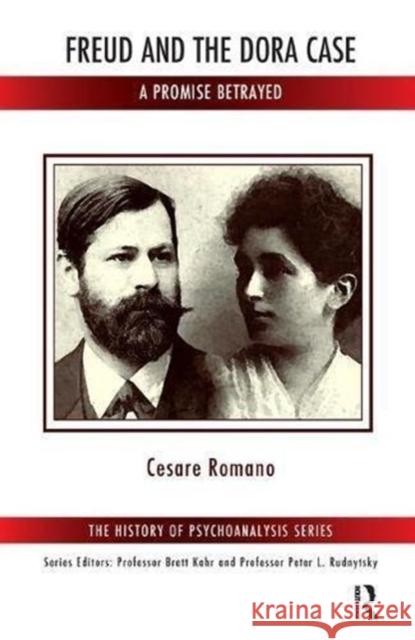Freud and the Dora Case: A Promise Betrayed » książka
Freud and the Dora Case: A Promise Betrayed
ISBN-13: 9781782200963 / Angielski / Miękka / 2015 / 264 str.
Freud and the Dora Case: A Promise Betrayed
ISBN-13: 9781782200963 / Angielski / Miękka / 2015 / 264 str.
(netto: 166,17 VAT: 5%)
Najniższa cena z 30 dni: 164,44
ok. 16-18 dni roboczych.
Darmowa dostawa!
The author re-examines Dora's case bringing to light the fundamental contradiction between Freud's initial declaration that he will, with this case, confirm his theories from 1895 and 1896 - namely, the theory of infantile sexual trauma (or seduction theory) - and the conclusions which he really achieves in his analysis. Although Freud had already abandoned the seduction theory with a view of adopting the paradigm of the sexual drive, the author demonstrates, through a detailed reassessing of the works from the years 1895-1896 and of Freud's correspondence with Fliess, that Dora's case can be read through the paradigm of seduction. Considering the centrality of dream analysis in this clinical history, the author uses Ferenczi's concept of the traumatolytic function of the dream to show that Dora, in her dreams, was elaborating her infantile trauma.
In the second part of the book, the author suggests that a number of events in Freud's life concomitant to Dora's analysis - the breaking off of the friendship with Fliess and a supposed love affair with his sister-in-law Minna - can have influenced Freud's countertransference.
Through this revision, Dora's case acquires renewed importance within the still topical--and still controversial--debate on infantile sexual traumas.











